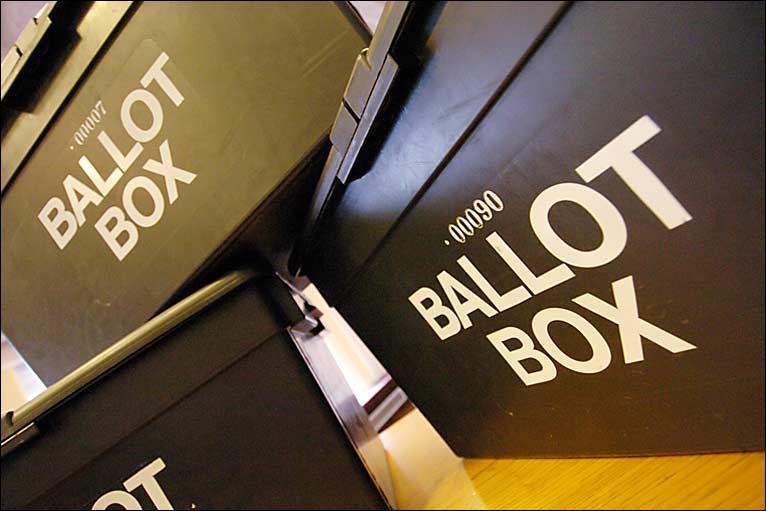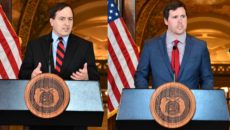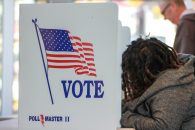Could Missouri tax haircuts, veterinary services, pedicures and yoga classes? Missouri voters will have their say this November at their polling place with Amendment 4.
The “Taxpayer Protection Amendment” was certified for the ballot this month. If approved by voters it would ban a sales tax on services.
The amendment would prevent the state from taxing such services as car repairs, tattoos and lawn care.
Currently, consumers don’t pay taxes on those services. Inconvenienced travelers pay a sales tax on a new tire but not on the service of replacing a flat.
But despite Missouri’s current lack of a sales tax on services, Amendment 4’s supporters – primarily the Missouri Association of Realtors, which circulated the initiative petition – see trouble on the horizon.
Why is the amendment necessary?
States like North Carolina and Washington recently enacted sales taxes on services. Other supporters include conservative Oklahoma Gov. Mary Fallin, who proposed such a tax last year. It didn’t pass the legislature.
“The fact that it’s being talked about in the heartland means it is something that politicians are going to consider,” said Scott Charton, a spokesperson for the Yes on Amendment 4 campaign. “Also consider that various other revenue sources, such as federal earmarks, are not happening. Politicians and bureaucrats are going to be looking for ways to increase tax collections and revenues.”
In Missouri a sales tax on services was proposed each of the last 7 years. One year it passed the House with 90 votes and got a Senate hearing.
Who supports the Amendment?
In addition to the Realtors, a growing coalition of businesses have joined the campaign. They include the Missouri Bankers Association, the Missouri Press Association and the Missouri Broadcasters Association.
“Just about everything a banker does is a service,” Charton said. “And the Missouri Press Association, which never endorses political issues, has come out in support of Amendment 4, the Taxpayer Protection Amendment, because they recognize that advertising is a service that could be subject to a sales tax.”
Charton also said the Realtors have a track record of promoting consumer protections in proposing constitutional amendments through the initiative petition process. In 2010, the association shepherded a constitutional amendment banning real estate transfer taxes to the largest ballot victory in Missouri since the Great Depression.
“Realtors have a long record of protecting consumers and this is one example of that because, as businesses would have to add these taxes to the bottom line, the consumer has to pay,” he said.
Charton also pointed out that consumers on fixed incomes, especially senior citizens and the disabled, benefit from banning a sales tax on services.
“A wealthy person may not think much about paying an extra 10 percent for their hair cut,” he said. “For a senior citizen on a fixed income, that’s a lot of money. And these things will add up if you start thinking about all of the services we use every day.”
Grassroots and yard signs
Supporters of the Taxpayer Protection Amendment plan to campaign through traditional methods, including radio and television advertising. But they also plan on utilizing the vast statewide network of businesses to play a role in the campaign.
“There are 20,000 realtors in the state of Missouri. That is an amazing grassroots base. Add to that the other groups that have come on board,” Charton said.
Information about the amendment will be available as potential voters visit their barber for a haircut, get their nails manicured or visit a tattoo parlor.
“You will see signs at your local barber or at your local manicure shop or your local tattoo shop encouraging the voters there, the business patrons, to keep those services tax free by voting yes on Amendment 4, the Taxpayer Protection Amendment,” Charton said.
One other area where a Realtor-backed ballot measure has an advantage — yard signs.
“If there’s one thing Realtors are superb at, it’s placing yard signs,” Charton said.
The informational aspect of the campaign could be the biggest factor. Many voters learned about the amendment for the first time while gathering signatures. The more they learned about the proposal the more likely they were to support it, Charton said.












